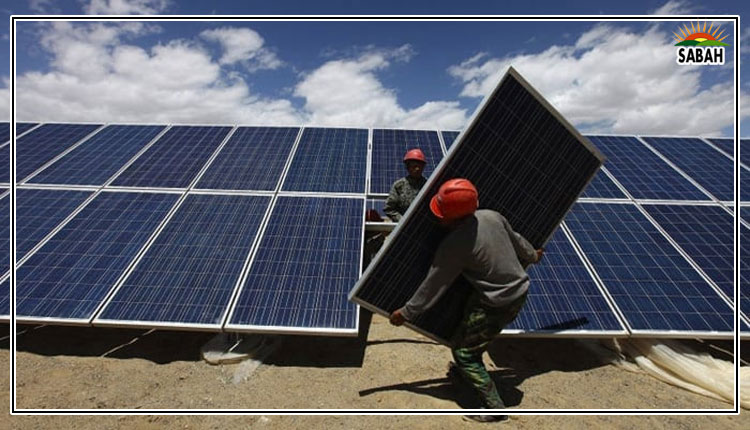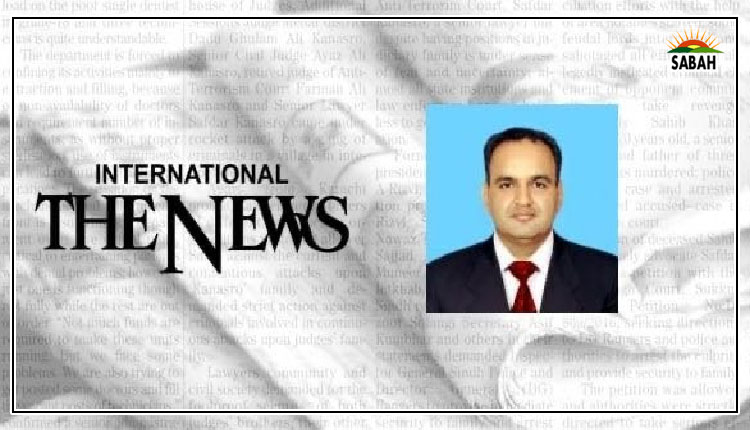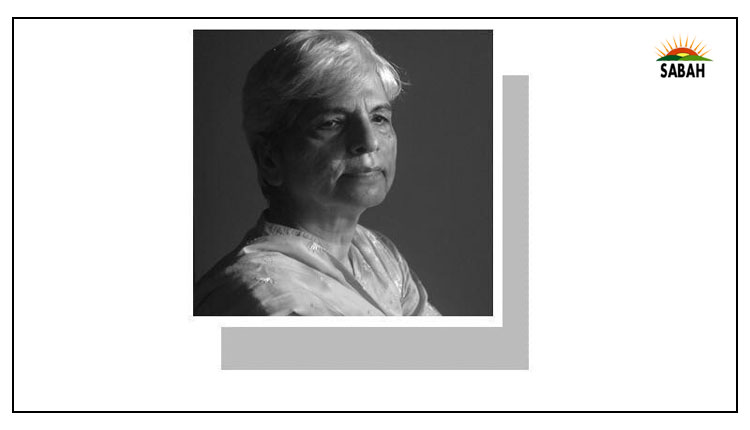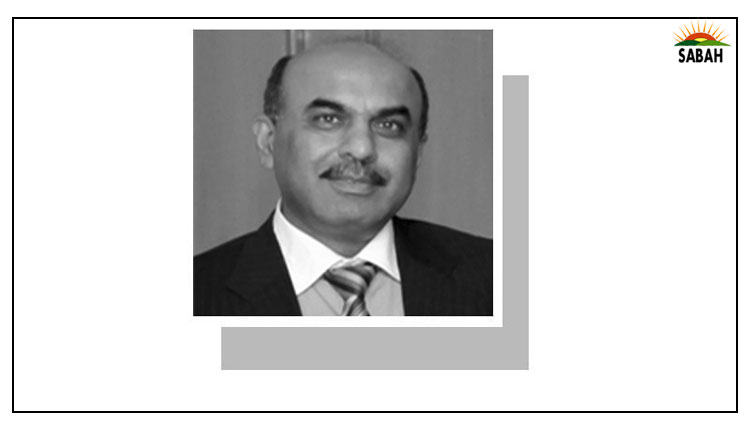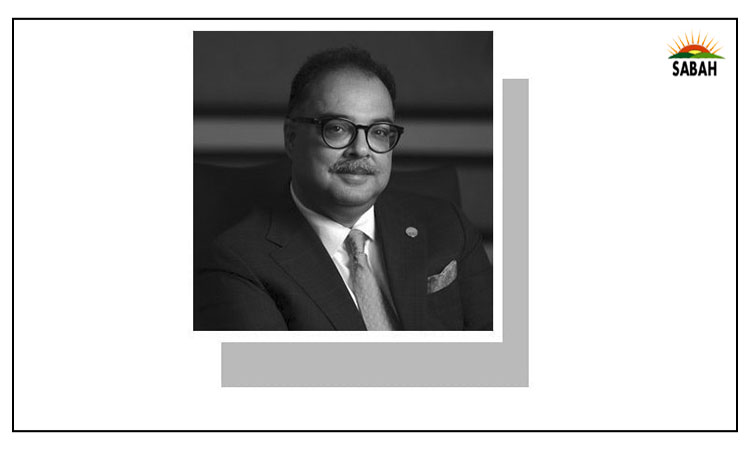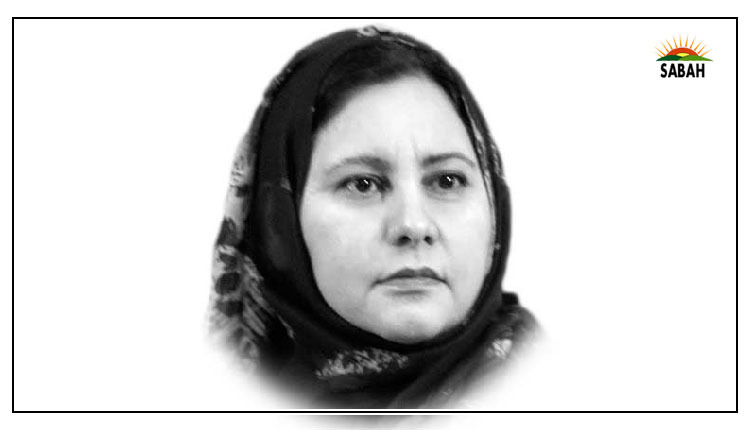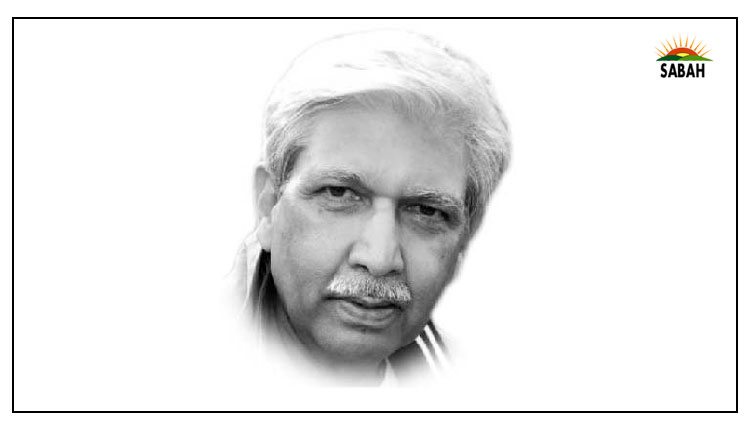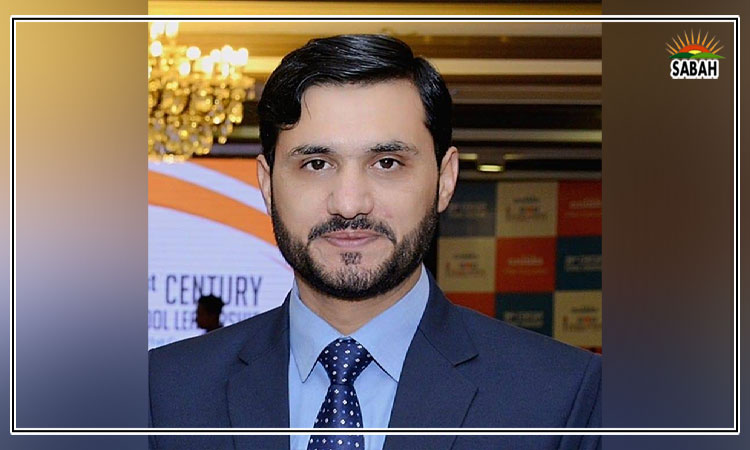A Call to Action for Pakistan’s Children ….Abdus Salam
Saima hunched over her worn notebooks under the dim glow of a single bulb. The familiar drone of memorization filled the small room she shared with her siblings. Despite her best efforts, the formulas swam before her eyes. A tear escaped, tracing a glistening path down her cheek. Saima longed to understand, not just regurgitate. This wasn’t the education she craved, one that ignited curiosity and fostered problem-solving.
Saima’s story isn’t unique. It’s a heart-wrenching echo whispered by millions of Pakistani children trapped in a system that fails to empower their dreams. The staggering reality is 22.8 million children are out of school. This isn’t a statistic; it’s a generation at risk. Denied the foundation of a strong education, these children face an uncertain future, a future where illiteracy shackles their potential and burdens Pakistan’s social and economic progress.
Can we, as a nation, stand idly by and watch their dreams flicker and die? The answer is a resounding no. We are at a critical juncture. The world is racing ahead, propelled by innovation and knowledge. Countries are redefining education, equipping their youth with the critical thinking, creativity, collaboration and communication skills – the 21st century skills – that will shape the global landscape.
Finland, for example, has pioneered a system that emphasizes project-based learning, student autonomy, and a focus on social-emotional development alongside core academics. Their holistic approach has yielded impressive results in international assessments, demonstrating that a brighter, more fulfilling education is possible.
There are glimmers of hope within Pakistan. We must acknowledge the efforts of champions like Mr. Mahiuddin Ahmad Wani, the Federal Secretary of Education. His initiatives to upgrade and equip Islamabad schools with technology labs, improved infrastructure, and other resources are a beacon of progress.
However, the challenge is immense. It demands a national awakening, a revolution in our approach to education. We need all provinces on board, working in unison towards a common goal. This requires significant investment – not just in infrastructure, but in our teachers. We need to empower them with the skills and pedagogical approaches to nurture 21st century skills in their students.
Furthermore, targeted awareness campaigns can bridge the gap between hesitant parents and the immense benefits of education, particularly for girls. Collaboration is paramount. We must bring together all stakeholders – the community, public and private sector organizations – to create a sustainable and inclusive education system.
Imagine a Pakistan where every child, like Saima, has access to a quality education that ignites their curiosity, fuels their problem-solving abilities, and equips them to thrive in the global arena. This isn’t a utopian dream; it’s a necessity.
The time for incremental change is over. We need a national movement for education, a collective effort to bridge the digital divide and ensure every child has access to technology and the tools of the 21st century. This isn’t just about individual futures; it’s about the future of Pakistan. The world is waiting. Are we ready to answer the call?
Let’s empower our Saimas. Let’s redefine education in Pakistan. Let’s create a future where every child has the opportunity to not just survive, but to flourish. The future depends on it. Let’s rise to the challenge, together.
About the Author:
Abdus Salam is a speaker, trainer, an educational consultant and social worker on a mission to improve Pakistan’s educational landscape. His work, alongside many others, focuses on empowering communities through better education.
Address: Islamabad, Pakistan
Email: salambuneri@gmail.com
Cell: 0333 5678009


